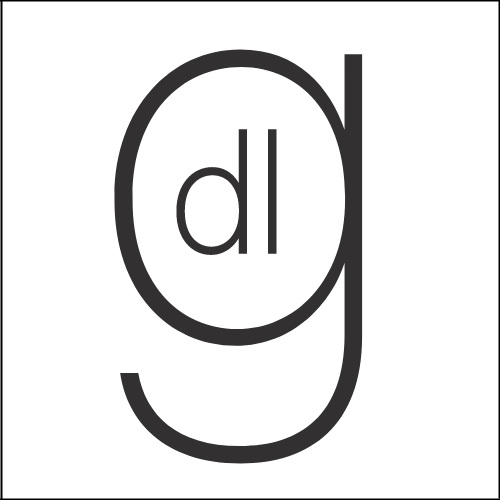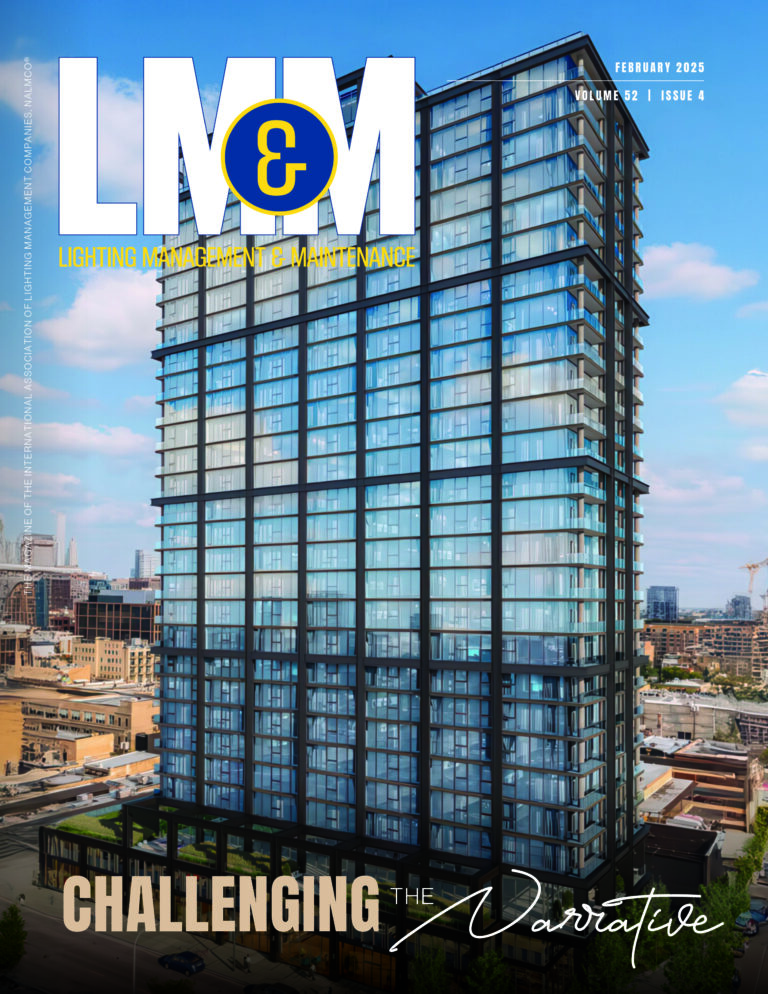Morning Sparks from Milan
Your humble editor is reporting this week from Milan, attending Euroluce. Thanks to the time difference, I caught a particularly combative segment on CNBC’s Squawk Box this morning—while most of our audience back in the U.S. was just starting their workday. What I saw was too relevant not to share. White House trade advisor Peter Navarro’s remarks on tariffs positioned them as both a revenue tool and a long-overdue push for American industrial revival. “Every dollar we extract from foreigners who are cheating us is going to go to the American public in the form of debt reduction and tax cuts,” Navarro said.
Accusations of “Rampant Cheating” by China and Vietnam
He singled out what he called “rampant cheating” by both China and Vietnam. China, he claimed, has manipulated global trade for decades. Vietnam, he argued, has followed suit, acting as a transshipment hub to bypass existing U.S. tariffs. “Vietnam is basically China’s back door,” Navarro charged. “They move parts and components through Vietnam, slap a different label on them, and try to sneak them into the U.S. tariff-free.”
For our industry, this rhetoric has real and immediate implications. With tariffs now set at 54% on Chinese imports and 46% on Vietnamese products, companies are scrambling to reassess pricing, supply chains, and sourcing strategies—many of them overnight.
One executive at a large manufacturer of white goods with operations in both China and Vietnam explained that the impact would not be uniform. “Given the diverse supply chain, the price increases will vary by product family,” the executive told EdisonReport. “We are detailing this out but no formal announcement just yet. We are taking this week to see how negotiations continue between certain South Asian countries and the U.S.”
Navarro Takes Aim at Elon Musk
Meanwhile, Navarro used a portion of his airtime to respond to criticism from Elon Musk, who had made disparaging remarks about Navarro over the weekend. Navarro fired back: “Elon Musk is not a manufacturer—he’s a car assembler.” He claimed that while Musk enjoys praise for innovation, Tesla’s reliance on foreign-made batteries, components, and raw materials—especially from China—disqualifies him from being called a true manufacturer. According to Navarro, “real” manufacturing requires sourcing and producing those components domestically.
As our audience knows, the US does not make a lot of lighting components domestically.
The public dispute between Musk and Navarro—two of the President’s closest advisors—suggests deeper internal tensions. Depending on how those disagreements play out, tariff easing could be possible.
Uncertainty Rules the Day
A contact at a major multinational manufacturer put it simply: “Nothing to report on now. I will be in touch should we have an update.” Their reticence underscores the broader uncertainty rippling through the market.
“I don’t see how a company doesn’t do a price increase right now—it’s simply unavoidable,” said the CEO of a well-known architectural lighting brand. “We are trying to keep ours to a minimum, but we can’t absorb this entirely.”
As the industry works through the chaos, many companies are holding off on announcements until they can more clearly gauge how negotiations unfold, not just with China and Vietnam but worldwide.
EU Weighs In with Negotiation and Countermoves
The Squawk Box segment ended with a development from Europe: the European Union has signaled its willingness to negotiate with the U.S., though it is also drafting potential countermeasures. Navarro welcomed this approach but insisted that Europe’s non-tariff barriers, such as regulatory manipulation, are a bigger concern than duties themselves. “The bigger problem—by orders of magnitude—is the non-tariff cheating,” he emphasized.
Many of us lived through the transition from legacy products to LED—a historic disruption at the time. But we had years to prepare, retool, and adapt. The current tariff landscape may prove even more challenging. This time, the clock is ticking in days and weeks, not years. High-stakes decisions are being made on the fly in a policy environment that changes quickly.
Go Deeper: Acuity’s CEO Talks Tariffs, Price Increases




